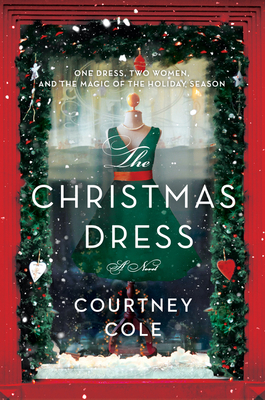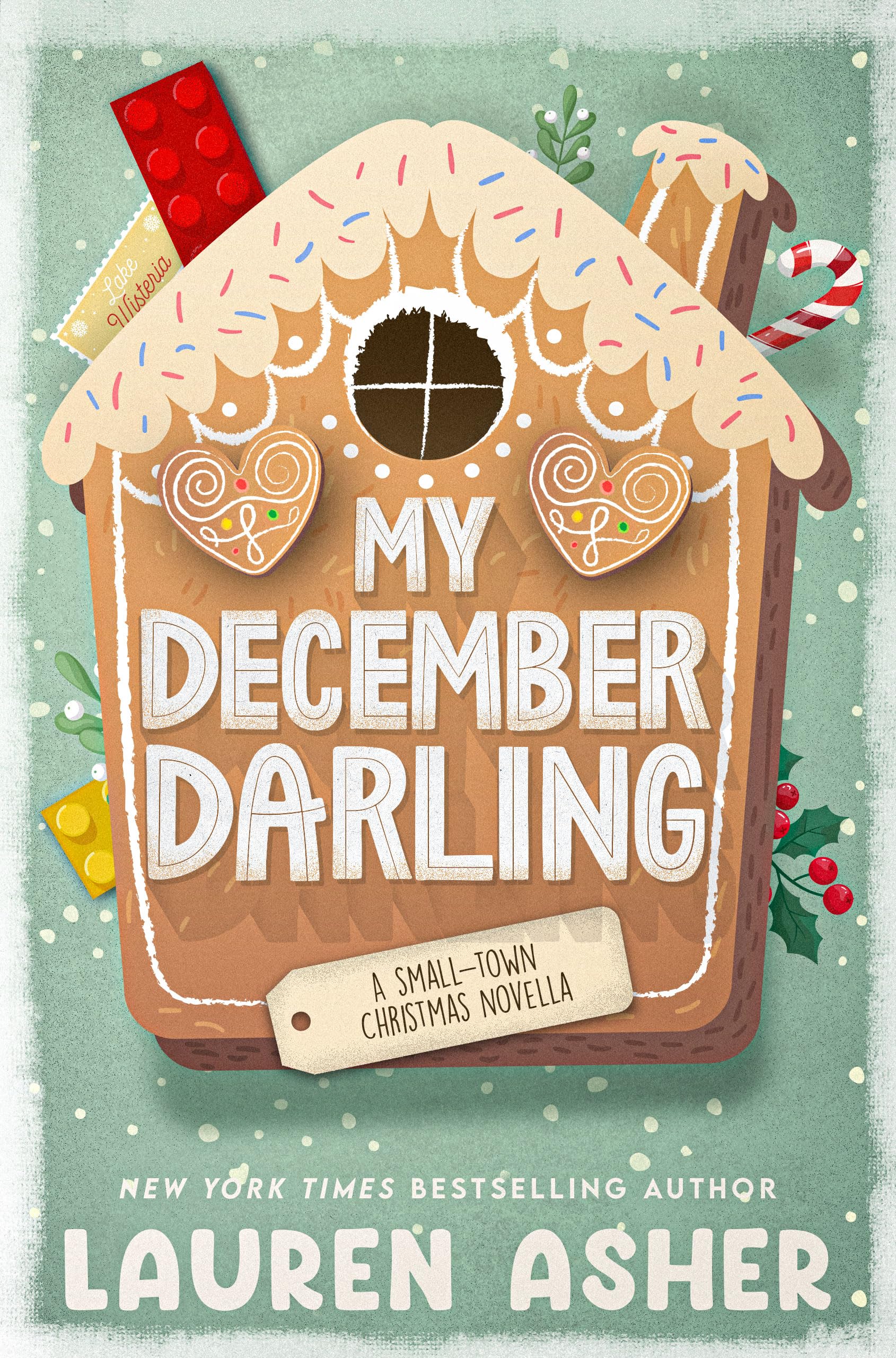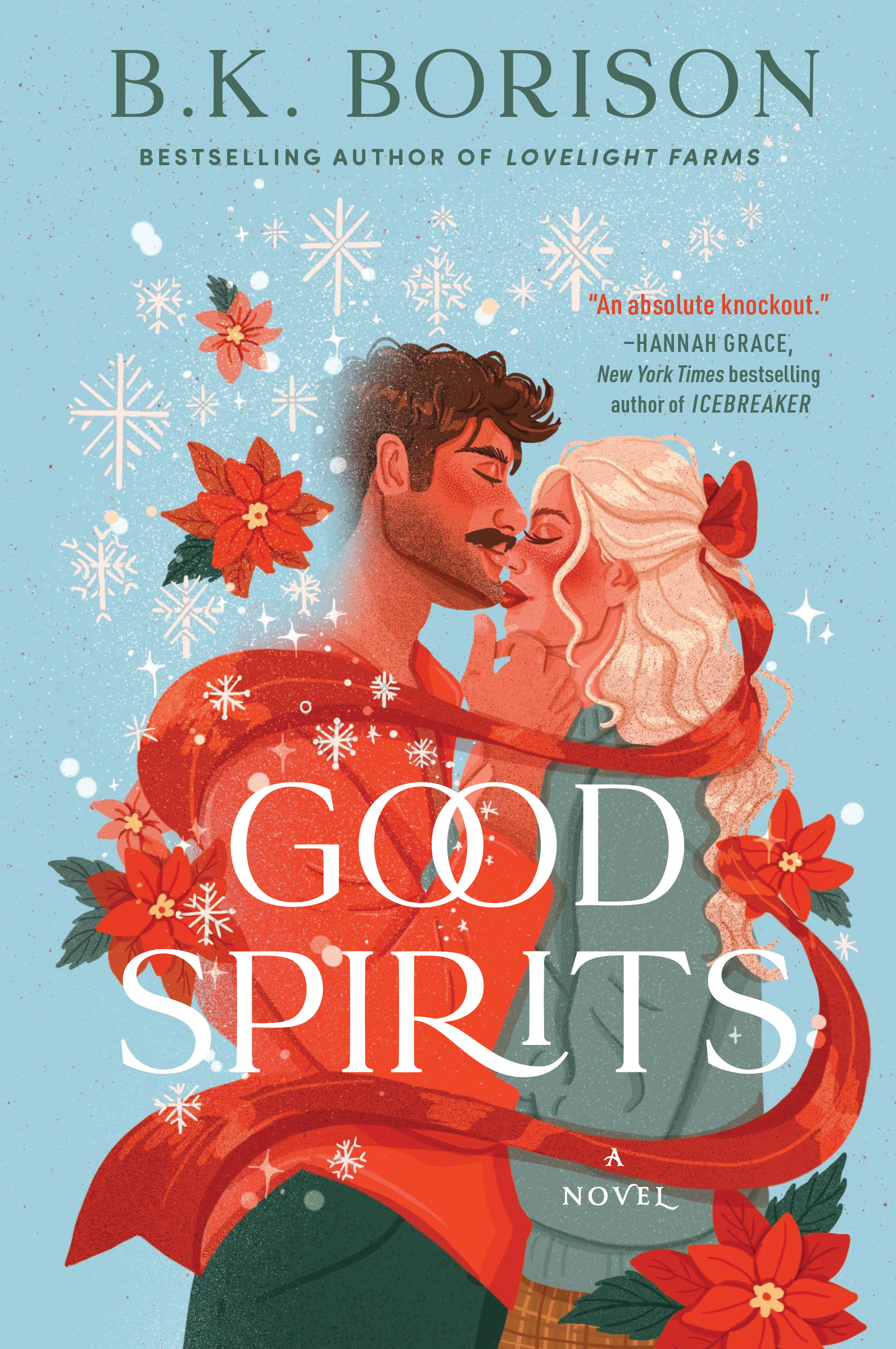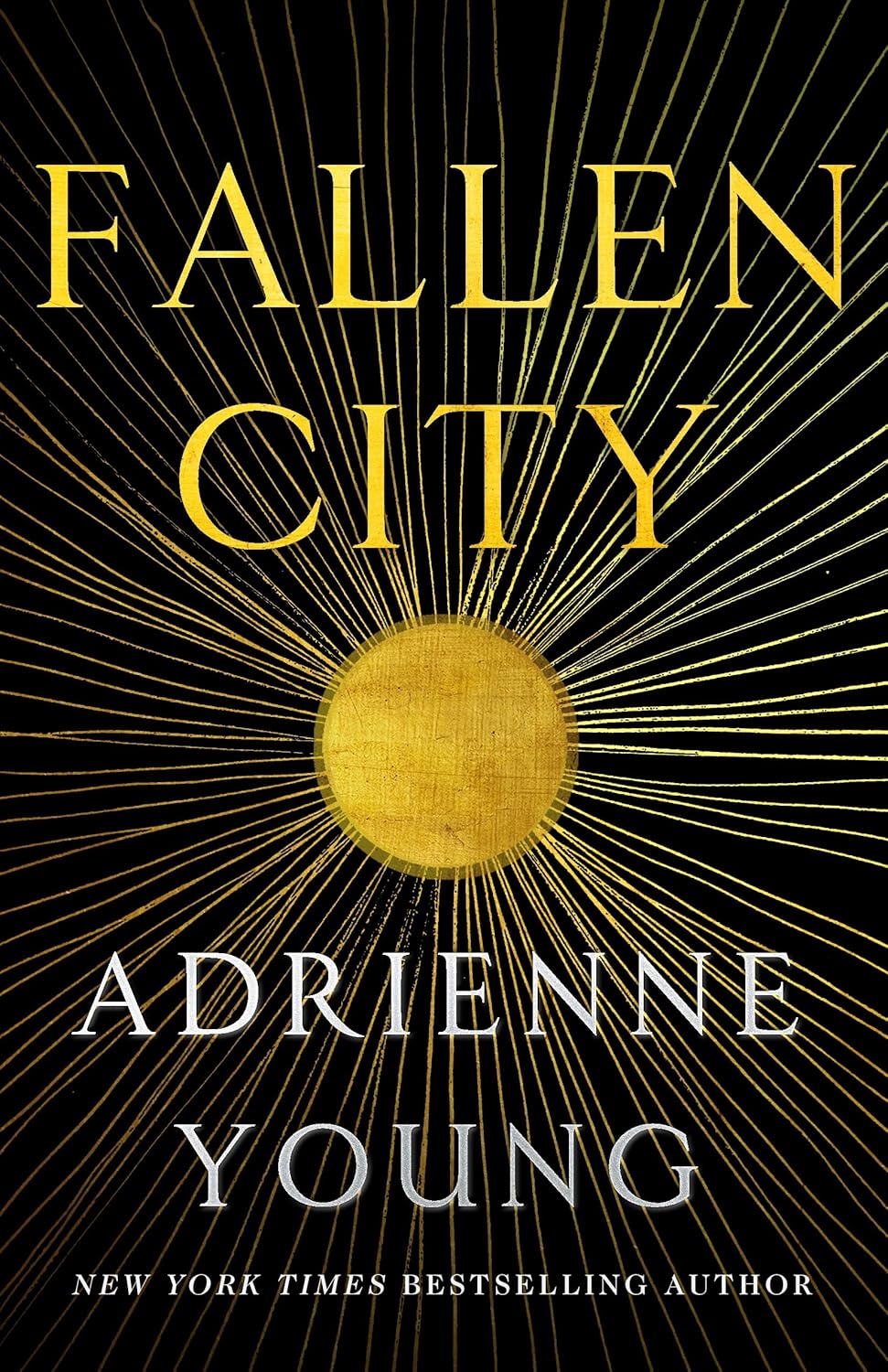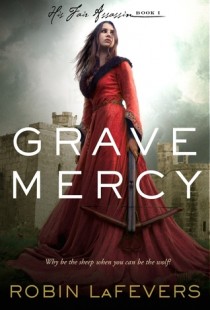 Grave Mercy
Grave Mercy (
His Fair Assassin #1)
by
Robin LaFevers Purchase on:
Amazon,
iBooks Add to:
Goodreads Synopsis:
Why be the sheep, when you can be the wolf?
Seventeen-year-old Ismae escapes from the brutality of an arranged marriage into the sanctuary of the convent of St. Mortain, where the sisters still serve the gods of old. Here she learns that the god of Death Himself has blessed her with dangerous gifts—and a violent destiny. If she chooses to stay at the convent, she will be trained as an assassin and serve as a handmaiden to Death. To claim her new life, she must destroy the lives of others.
Ismae’s most important assignment takes her straight into the high court of Brittany—where she finds herself woefully under prepared—not only for the deadly games of intrigue and treason, but for the impossible choices she must make. For how can she deliver Death’s vengeance upon a target who, against her will, has stolen her heart?

۩ This is the kind of book you eat and forget most of the details just after reaching the last page, because if there’s a new event at each chapter, you quit on the feeling that nothing happened. Actually if Grave Mercy is by no means a bad book, I wasn’t impressed either. What surprises me the most is how an original concept as Assassin nuns can lead me to feel slightly underwhelmed.
I guess that expectations are everything.
“So,” she says, looking back up at me. “You are well equipped for our service.”
“Which is?”
“We kill people.”
My biggest fear before starting it? To be bored to death. And yet, strangely, the biggest – only one? – compliment I can offer it is the fact it was so compulsively readable. Weird right?

► First of all, how can we not be interested in the original concept on which Grave Mercy relies?
Undeniably, what could be more fascinating than the discovery of the daughters of Death, more known as St Mortain’s nouns, whose purpose is to learn an incredible amount of ways to be a deadly assassin? Tell me? Therefore I wasn’t bored, but interested, hooked, even – political calculations always draw me in, and I must confess that the settings immensely pleased me. As a great fan of Dumas, I always had a soft spot for intrigues taking place at Court, especially when the Kings aren’t the most famous (please stop talking about Louis XIV and Henri IV, not to mention Louis XVI). Indeed there’re so many periods which have not yet been explored by the literature!
However, I’m sorry, but what was this obvious twist? For real, I was waiting and waiting and waiting for the characters to get to the same conclusion as me and Oh. My. They took their time for sure. As a result, I can’t say that the mystery was compelling. Indeed while the writing, the details of the political complots enthralled me, I didn’t care much about the big revelation of the villains’ identity, for it was pretty obvious since the beginning.

Moreover, I couldn’t help but notice the lack of accuracy in the historical facts – I don’t know if that’s supposed to be accurate, but in case you’re wondering, that’s not. Oh, yes, the big events are “true”, but except from them, every character is pictured in a wrong way. Take Alain d’Albret, for example. Yes he was betrothed to Anne de Bretagne, but he never had 6 wifes (only one, actually). As for Fedrik de Nemours… he didn’t exist. And so on. To be fair, even Dumas was known for romanticizing grandly his characters, so I’m not sure that it can be considered as a flaw. I thought I’d point it, anyway, because I’m an History nerd (sorry about that). Finally, why in the world are they travelling via Quimper when they intend to go to Guérande? Seriously, lost enough, aren’t you?

Okay, I’m annoying. I stop here. Sigh.

✐ Generally speaking, I quite liked the writing, which was pleasant and flowed smoothly. But then, I must point that I have not the sufficient knowledge to judge if the way the characters speak can be considered as accurate for 1400s (I have to admit that I have many doubts, because it appeared rather modern to me). Now, what I can judge are the mistakes when French language is used. Of course it was rare – Thanks Mortain! – but come on, don’t you think that it would be greatly appreciated if, I don’t know, some French speaker checked before publishing? There are grammar mistakes (“entré” instead of “entrez”) and a weird use of interjections (“mais bon”, in that sentence, doesn’t make any sense. At all.) One might argue that I make grammar mistakes in English as well, and it’s true (sorry about that). But the fact is, I’m not publishing a book, but writing a review.

But let’s talk about the characters, shall we?
▧ Ismae, who has a special talent for poison, is sent on an assignment in the Guérande court. Her mission? To protect the Duchess, Anne de Bretagne, while unraveling the layers of treason the young ruler faces. In a word : Ismae must use her talent to figure out who is plotting against the duchess, including her closest support, Gavriel Duval. Well, I haven’t much to reproach her, to be fair. Indeed I could understand her decisions, and contrary to some (many?) readers I didn’t feel like she gave up her mind for the sake of her love for Duval. On the contrary, she thinks before acting, and if she IS long to realize some facts (DUH), I can’t say that she’s blinded by love, as she wonders why and who and how is right all the freaking time. She didn’t trust Gavriel on sight for Mortain’s sake! Yet… I didn’t care so much about her either. In my opinion her monologues lacked of sincerity and believability, as I often found myself wondering… Who thinks like that? Every thought is too neat, and I never really felt her struggle, question – I was told so, but never get the feeling, you know?
▧ Gavriel, now. He is nice, kind, but has the bad habit to order Ismae around. Yet he is nice. And, you know, he is … he IS …

Well, okay, mostly dull.
♥ That’s why even if the romance didn’t bother me, it never made me swoon either, as I never really saw any chemistry between Ismae and Duval. As the rest of the story, everything felt too
mild
to me, and no, my heart never missed a beat. Lack of strong feelings indeed.
▧ The so-called villains. Yes, so-called, because we are told that they are the villains in this story, but never really shown, or not enough, in my opinion. Take d’Albret, for example. Oh, yes, he seems really disgusting, but what does he really do? Nothing. To me, the only real villains are Ismae’s father and her previous husband.
▧ What bothered me the most was the lack of involvement of the secondary characters. Indeed even if they exist, except for the beginning, the other characters fall into the background pretty fast, unfortunately. Personally, I’m eager to learn more about Beast (how awesome is that name, by the way?) and Sybella – Annith I don’t care about.
► See, when I weigh the pros and cons….

… It’s pretty obvious that the cons overtake the pros by far. Now, as I did enjoy my reading still, I decided for a three that I can’t help but find quite generous.
 Dangerous Boys by Abigail Haas
Dangerous Boys by Abigail Haas 
 Grave Mercy (
Grave Mercy (







 Cracked Up to Be by
Cracked Up to Be by 
 How to Flirt with a Naked Werewolf (
How to Flirt with a Naked Werewolf (
 Also Known As (
Also Known As (






